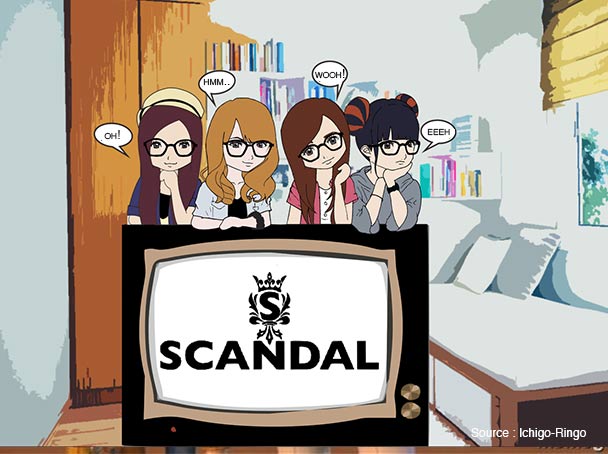
What a scandal at a workplace says about its brand?

Perspective
Meghna Maiti
A scandal always brings forth a set of angry reactions. It could also act as a game changer for the brand its involved with.
When a certain Ms. X complained against her employer, Arunabh Kumar, CEO of ‘The Viral Fever’ (TVF) for sexual harassment issue, it surely brought forth issues like ‘patriarchy,’ exploitation and how emerging new brands should be very careful about what message they put across to the public and what they stand for eventually.
For last several weeks, several Indian startup brands such as TVF, Uber, ScoopWhoop have come into the limelight on the back of molestation charges. Former female employees of these organizations have accused each of these founders of discrimination, gender abuse and lewd comments. While the management committee of most of these organizations initially denied any such allegation and vouched for their companies’ culture, such issues definitely raises several questions.
Firstly, what is a scandal? It is considered to be an action or event regarded as morally or legally wrong and causing general public outrage. But what if there’s an entertainment startup organization that swears by creativity, freedom and individual freedom and provides a free space to its employers to express themselves without any inhibition or taboo, how do you ensure appropriate behavior then? What might seem appropriate to you might not be appropriate to another person. Where do you draw the line? How do you ensure discretion then? These days a lot of advertising startups put their socially progressive brand at the forward and intend to break social taboos such as menstruation, among others. In effect, they should also practice what they preach and offer a free environment to their employees. If two employees of such an organization form a consensual sexual relationship and tend to ‘break free’ at times, how do you judge it then?
As such allegations and controversial stories surface, there’s perhaps a contrarian view that extends beyond any logical limit. It also shows an increasingly changing society from being human to purely commercial one. In a market driven society, everything, including emotions too are linked with profit. There’s a clear assumption that any individual cannot do anything without a motive. Everything is linked with profit and that alone determines every judgement. In the process, in many cases, social justice is completely lost and innocents suffer. Consequently, many brands that intended to carry a deep emotional message also deludes itself in the eyes of the masses.
Also, in a lot of cases brands are created by scandals as Will Rogers, the renowned actor, social commentator, said, “Make Crime. Pay. Become a lawyer.’ There is truly nothing more intriguing than scandal and nothing that arouses more curiosity in people about the specific individual or a brand. Hence, such stories are often created to sell a particular idea or a point of view.
Nevertheless, whether it’s for visibility or for surpassing more ruthless competitors, any company needs to have a clear vision of his brand image prior to even attempting any such marketing gimmick. Otherwise, any such quick popularity of the brand tends to fizzle out too soon. Also, behavioral rules should be laid down clearly by the organizations and red flags should be raised as soon as anyone oversteps it. There should not be a situation wherein everyone is enjoying someone’s eccentricities and appreciating him for being a total ‘entertainment’ package for everyone but in the end of the year, he gets fired for the very reason. Then the poor thing wouldn’t know where to go! Social justice concerns should also go hand in hand with profit. Only then we will be able to create a fairer and a better world.
How do we imbibe social justice concerns with profit motives in case of an upcoming brand at an emerging company? Please share your views.









